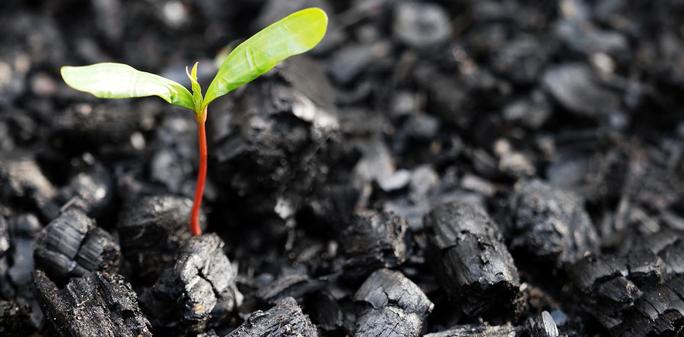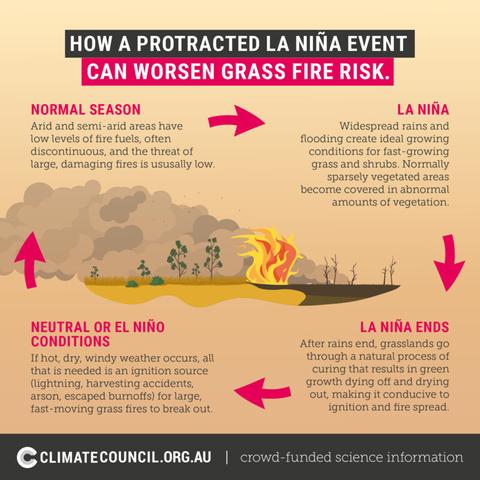Staggering...
#Plastics don't break down in the #marine environment - they break up
- and result in this calamitous estimate of 170 trillion plastic pieces afloat across earth's oceans.
Learn more in this research in PLOS ONE on:
https://journals.plos.org/plosone/article?id=10.1371/journal.pone.0281596
A growing plastic smog, now estimated to be over 170 trillion plastic particles afloat in the world’s oceans—Urgent solutions required
As global awareness, science, and policy interventions for plastic escalate, institutions around the world are seeking preventative strategies. Central to this is the need for precise global time series of plastic pollution with which we can assess whether implemented policies are effective, but at present we lack these data. To address this need, we used previously published and new data on floating ocean plastics (n = 11,777 stations) to create a global time-series that estimates the average counts and mass of small plastics in the ocean surface layer from 1979 to 2019. Today’s global abundance is estimated at approximately 82–358 trillion plastic particles weighing 1.1–4.9 million tonnes. We observed no clear detectable trend until 1990, a fluctuating but stagnant trend from then until 2005, and a rapid increase until the present. This observed acceleration of plastic densities in the world’s oceans, also reported for beaches around the globe, demands urgent international policy interventions.

